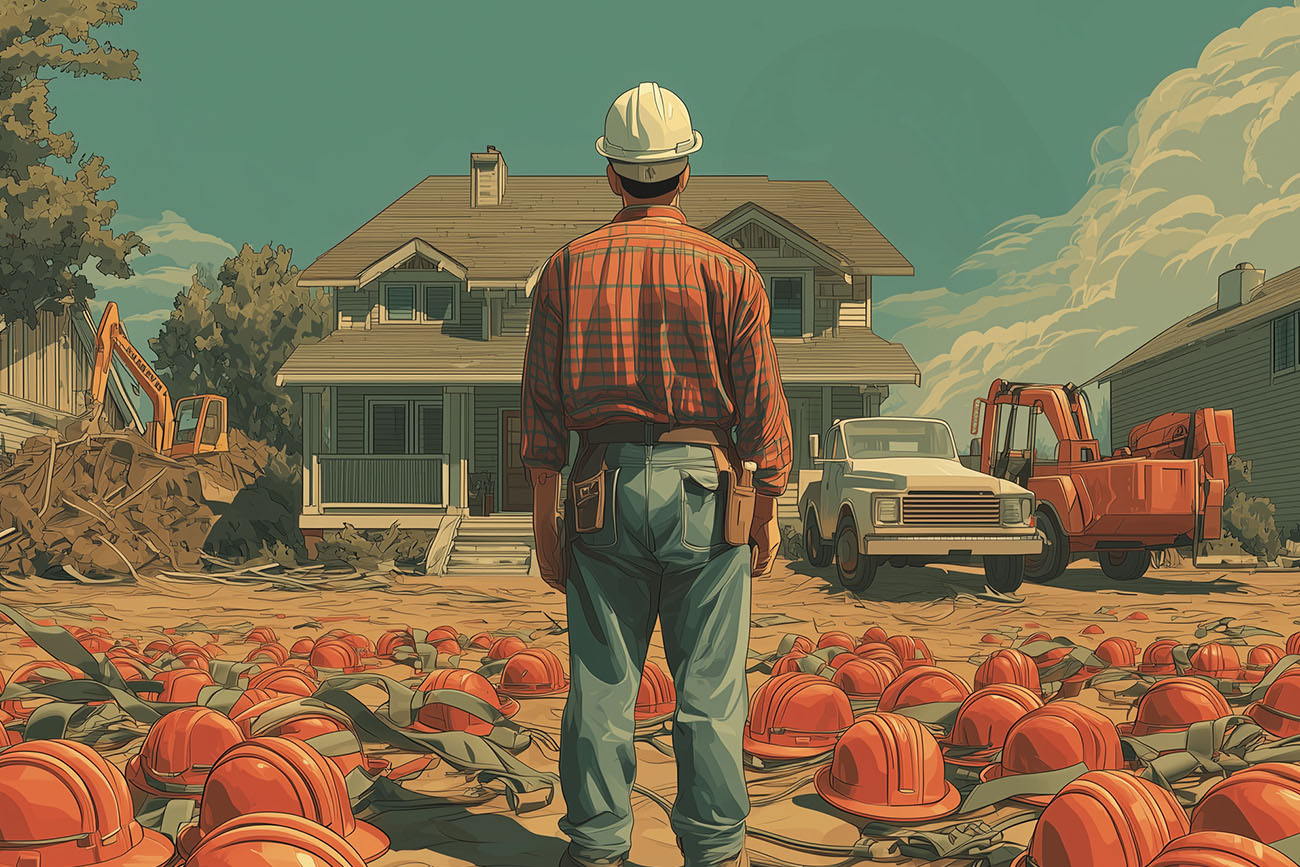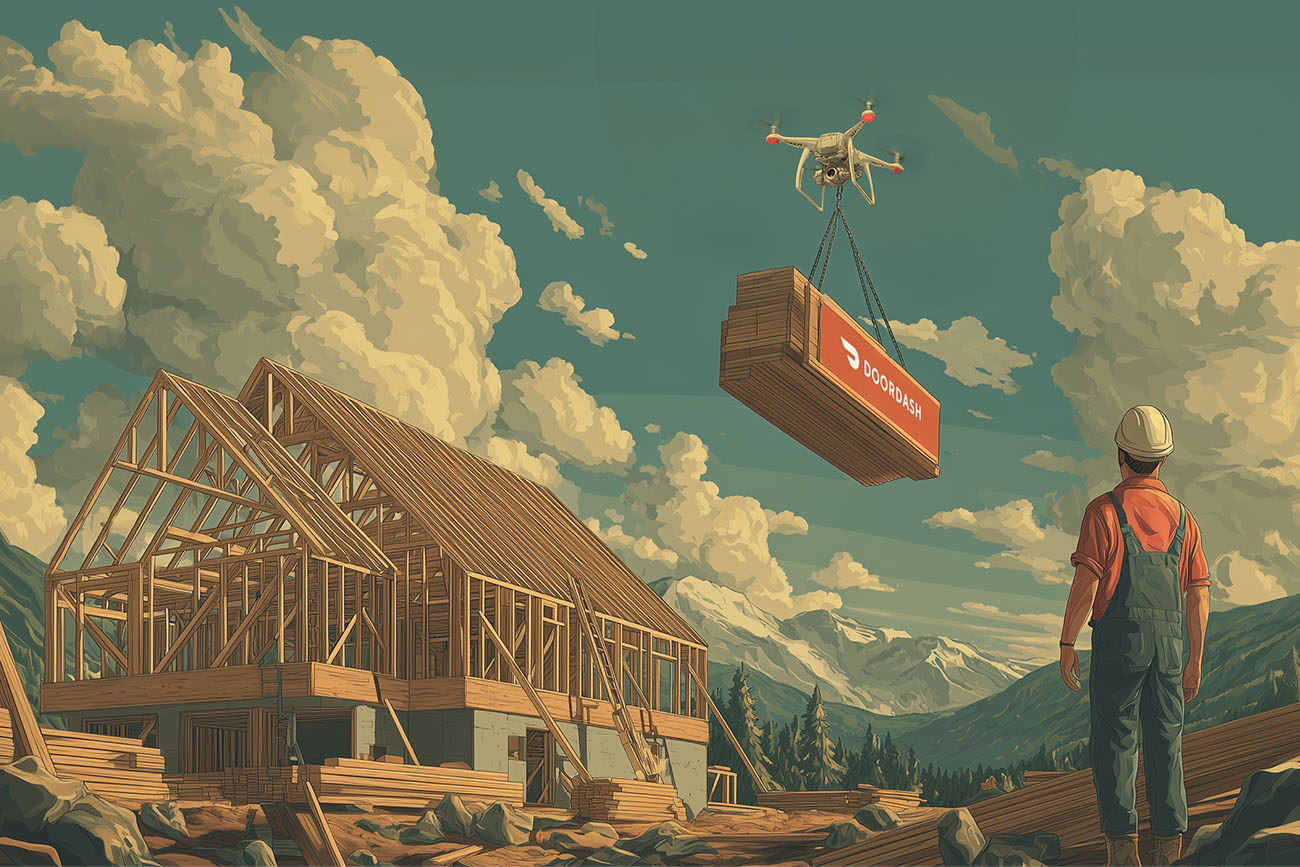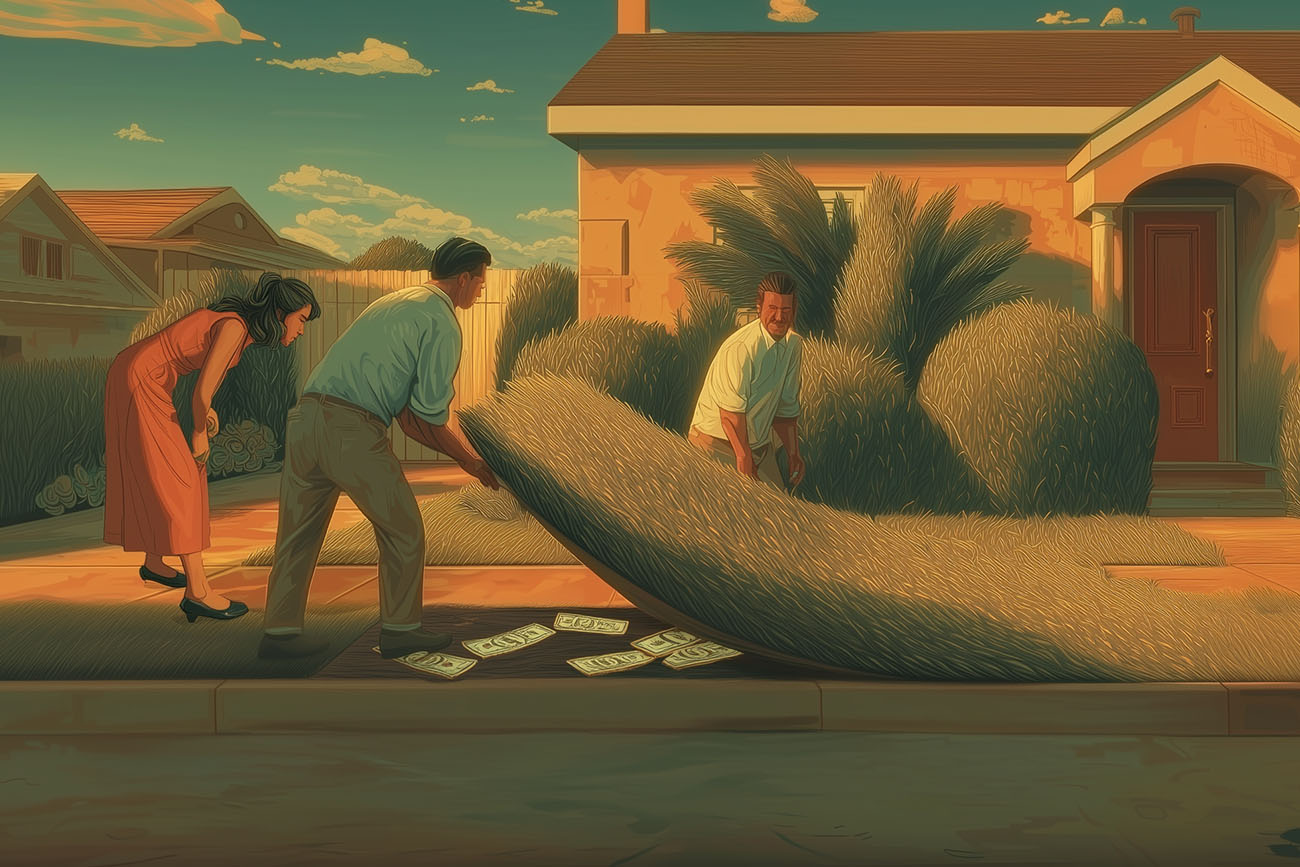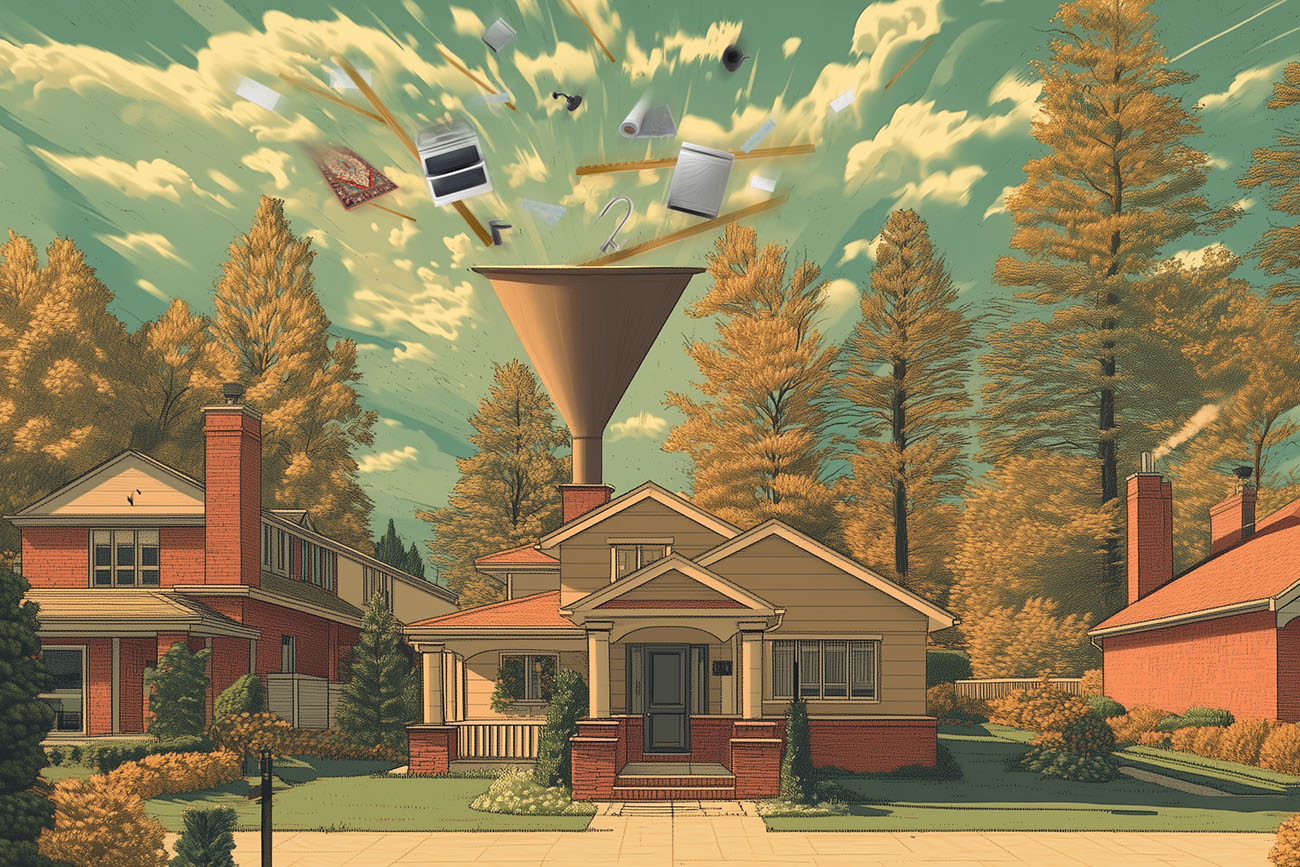There are some things only makers can do
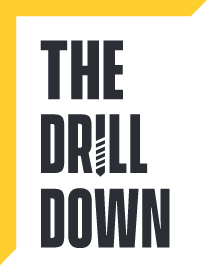
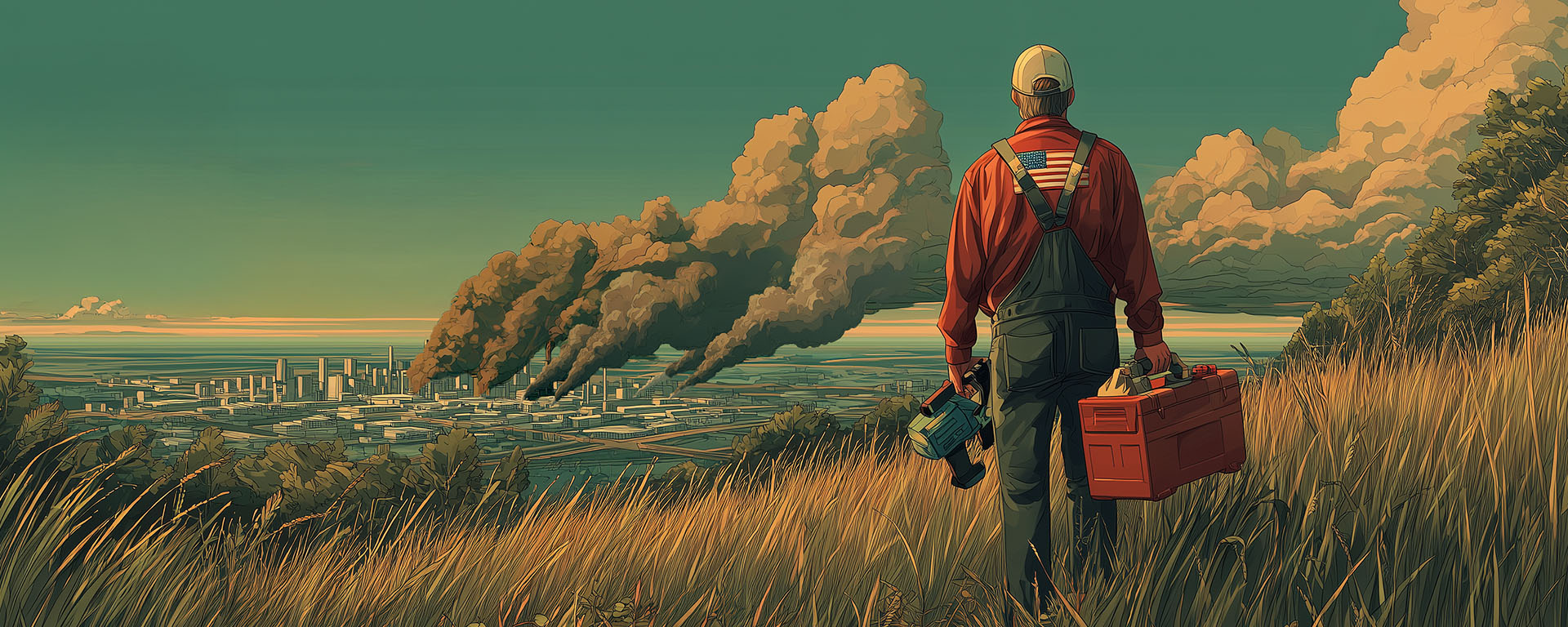
This month, The Drill Down digs into problem-solving. From rehousing victims of war, pivoting to new solutions in fire zones, or building the things we build best, our makers make the difference.
US developer builds homes for displaced Ukrainians
The Russian invasion of Ukraine has displaced millions, scattering families across the country and abroad. For many, heavy fighting in the east means crowded shelters, borrowed beds and fading hope.
About 400 miles west of the front line, however, a privately-built settlement near Kyiv offers a rare reprieve: stable housing, personal space and the dignity of a locked door.
This is Hansen Village. Its rows of modular homes provide housing for 2,000 people who are mostly displaced from occupied territories. Children ride bikes along paved lanes, passing amenities like a swimming pool, basketball court, health clinic and school. More here: (Source)
The S/M Take:
The news cycle these days is filled with the loss of human life and livelihoods. But closer to our skillset, it’s also filled with the loss of shelter and property.
And while there’s little we can do about the former, the home & building industry can have a say in the latter. The Utah developer featured in the story has poured himself into this effort; for brands in our space searching for a relevant philanthropy, it’s hard to imagine one more worthy.
But if your brand is seeking to meet needs closer to home, you won’t need to look further than the next story.
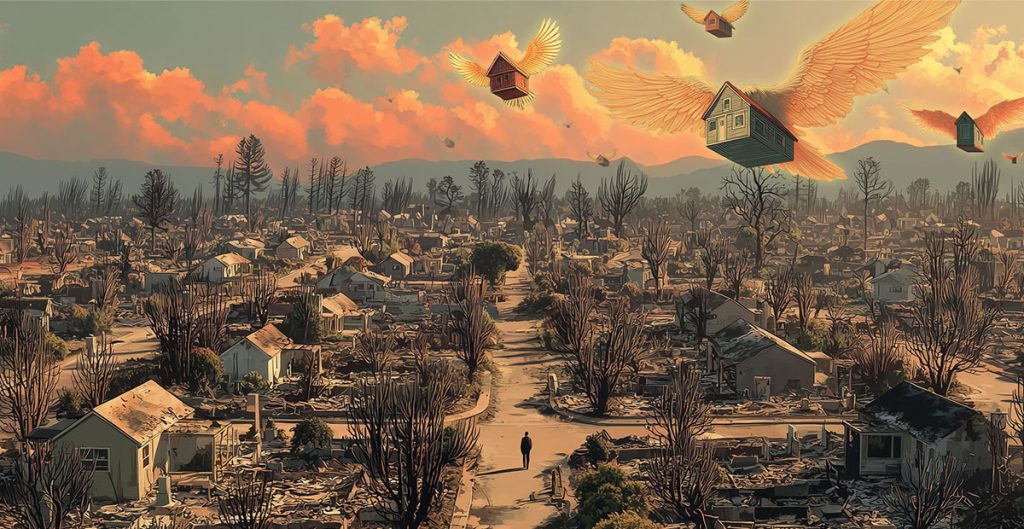
L.A. wildfire rebuilding drags on with just 1,320 permits issued — as victims turn to ADUs
Nine months after devastating wildfires scorched a path of destruction through parts of Los Angeles and surrounding areas, most displaced residents are still struggling to rebuild — with some relying on alternative housing placed on their burned lots.
The rebuilding process has been bogged down by insufficient insurance payouts, elevated construction costs, labor shortages related at least in part to the Trump administration's ICE raids targeting undocumented immigrants, and wrangling over zoning issues.
As the rebuilding process drags on, a growing number of homeowners are turning to accessory dwelling units, or ADUs, for shelter. Ranging in size from cozy cottages to full-size detached homes, ADUs, sometimes called granny flats, have surged in popularity in recent years as a convenient way to add extra living or working space to a property. More here: (Source)
The S/M Take:
ADUs have been a hot stove topic for years, as various municipalities debate whether to allow them as a solution to the U.S. housing shortage. Chances are, few futurists predicted they would find their way into some of the most sought-after real estate in America.
But these factory-built units are not just providing respite to L.A. fire victims awaiting their rebuild. At the larger end, they’re seen by some as a permanent replacement.
Brands have a role in the rebuild of SoCal’s ravaged communities, either philanthropically by aligning with non-profits like Steadfast LA, or indirectly by developing game-changing technologies like Firepoint by Arclin.
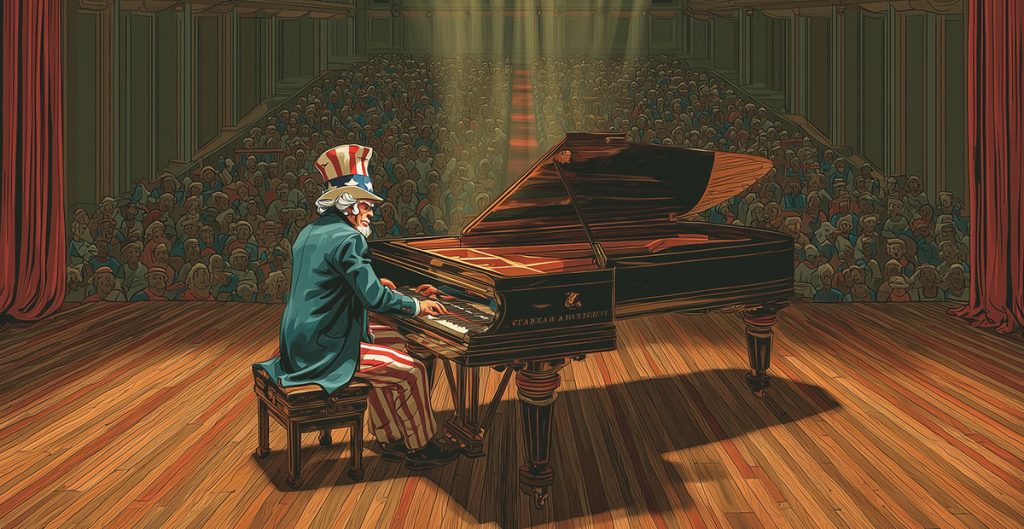
How a company from the gilded age could be the future of US manufacturing
Oversized crowbars bend wood for a piano’s rim. Circular sanders smooth rough edges on costly Sitka spruce soundboards. Hammers and chisels notch a bridge to allow piano strings to vibrate freely.
President Donald Trump has vowed to start an American manufacturing renaissance, one of the main aims of his trade war. But manufacturing isn’t easy anywhere in the United States thanks to high costs, strict regulations and lack of workers with the necessary skills.
Steinway & Sons, however, is a rare bright spot in US manufacturing. A company that thrives because it doesn’t mass produce its product. Instead, it uses a small workforce of skilled craftsmen to produce a premium item — world-class pianos. More here: (Source)
The S/M Take:
How tough is it to build in America? Steinway has it comparatively easy, having kept their manufacturing in New York for 150 years. Thousands of other brands? Not so simple, with the constant ebb and flow of domestic policy.
But the new reality is that mothballed factories are being revived, tariffs are being managed in every boardroom, and every maker is begging the White House for the same thing: certainty.
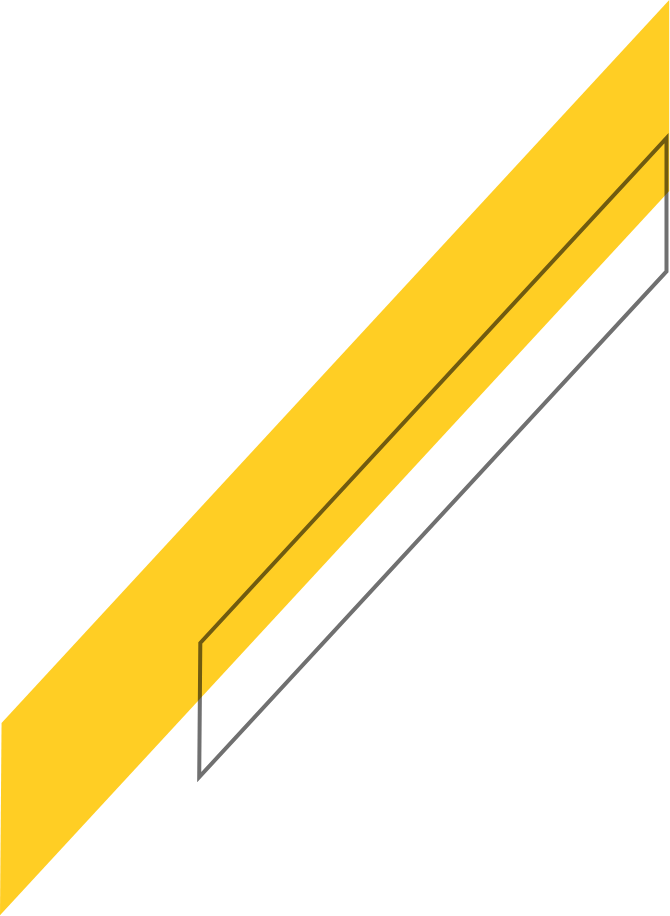
Subscribe to the
DRILL DOWN
This site is protected by reCAPTCHA and the Google Privacy Policy and Terms of Service apply.



